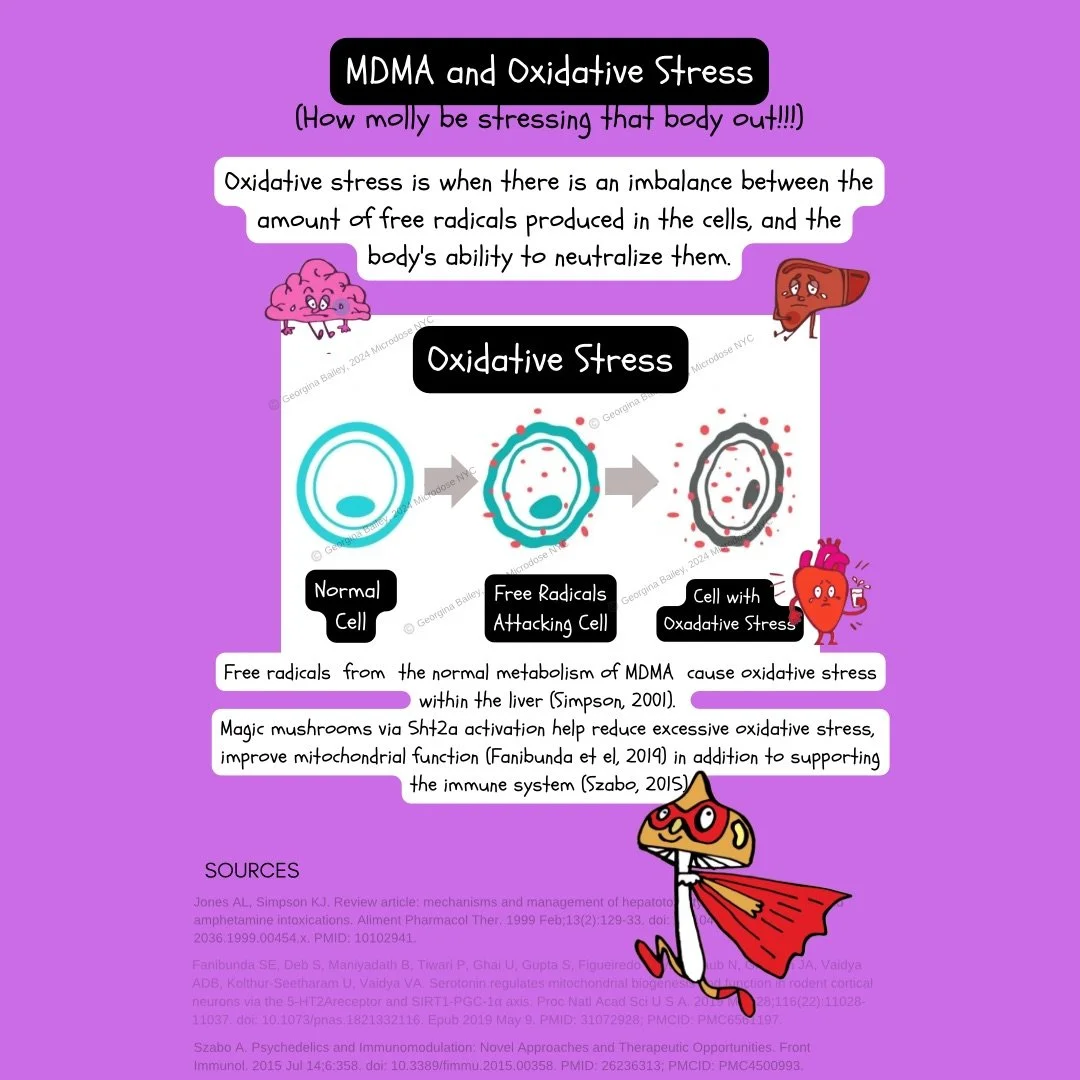MDMA is not a safe treatment for PTSD
Lykos Therapeutics, formerly known as MAPS* Public Benefit Corp failed to receive FDA approval to make MDMA a medication for treating PTSD. Part of the failure to get approval surrounded concerns FDA scientists had about the toxically and addictive nature of MDMA and it ability to SAFELY treat PTSD in various populations.
PTSD is recognized as a severe mental health condition that occurs after a person experiences a traumatic event. It is best known as the disorder that affects survivors of sexual assault, genocide and war veterans.
It is a disorder that impacts the daily lives and functioning of its suffers.PTSD impacts 4.5% of the general population and 60% of autistic adults.
In autism- PTSD is a chronic and yet fluctuating condition that disrupts quality of life and can be life-threatening. Over 42% of PTSD suffers STRUGGLE with thoughts of suicide (Rojas et al, 2014) and is only one factor in why mortality is increased by 47% (Nilaweera et al., 2023).
PTSD increases mortality and morbidity (Giesinger, 2020).
Many with PTSD struggle with increased physical pain, because the disorder activates the immune system, leading to cellular inflammation and increased oxidative stress (Lee et al., 2022).
Substances like MDMA target the serotonin system, but are toxic in high doses, inhibit mitochondrial function, increase oxidative stress (Rosebush et al., 2012) and is toxic to the liver ( Portmann et al, 1996).
To foster an inclusive society, it is vital to balance different concepts of a common good, and there is a danger in equating psilocybin mushrooms with synthetics like MDMA.
Metabolic imbalances including oxidative stress, as seen in PTSD & autism, may be treated with various supplements, vitamins, minerals, and amino acids (Jiang et al., 2021). Psilocybin is well documented in the treatment of anxiety, depression, chronic pain, addiction, inflammation, and PTSD.
Psilocybin mushrooms are an easy to grow super food.
Merriam-Webster Dictionary defines a superfood as “a food that is rich in compounds considered beneficial to a person's health.” The “magic” mushroom fruiting body is rich in tryptophan, active bio-metabolites, polysaccharides, enzymes, proteins, beta glucans, and phosphate groups (used in the production of ATP).
Psilocybin mushrooms are non-toxic.
Psilocybin mushrooms are non-addictive.
There is no pharmaceutical equivalent.
Period.
©️Georgina G. Bailey, 2024